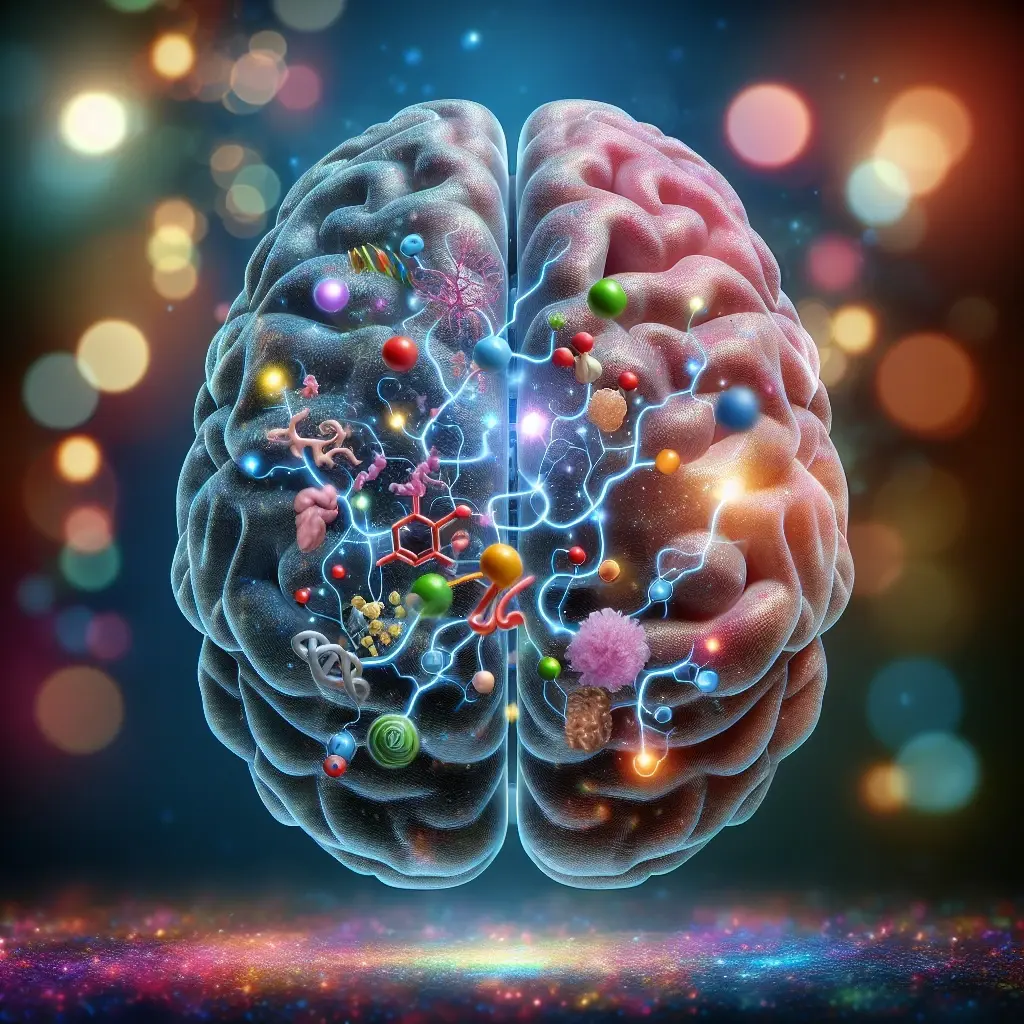Faster but less accurate: An explorative study on the effects of three weeks of ketogenic diet on cognitive functions in undergraduate students


The Metabolic Psychiatry and Psychology Research Category consolidates research exploring how the use of certain diets addressing underlying metabolic imbalances can improve mental health symptoms. To view each original study on the open internet, click “Original.” To view the CNP-written abstract summary, click “CNP Summary.” While only some of the CNP-written abstract summaries are available below for free, all abstract summaries are available to CNP members through the CNP Library Membership.

The ketogenic diet (KD) has a long history of use in treating epileptic conditions in both children and adults. More recently, it has gained renewed interest for its potential therapeutic effects on cardiometabolic diseases. Furthermore, the anti-inflammatory and neuroprotective qualities of KD have demonstrated promise, indicating its uses in the prevention and/or treatment of a range of mental illnesses. The goal of this thorough literature analysis by Chrysafi et al. (2024) is to assess clinical evidence and previous studies about the possible advantages of KD for treating stress, anxiety, depression, bipolar disorder, and schizophrenia. A thorough literature search was conducted to encompass the breadth of research in this area and identify gaps in the current scientific knowledge. A thorough search of Scopus, PubMed, and Web of Science was conducted using pertinent keywords for relevant animal and clinical human research. An increasing amount of studies on the effects of KD on depression, anxiety, stress, schizophrenia, and bipolar illness have been conducted recently on both people and animals. Animal studies have consistently shown promising results, indicating a potential to alleviate symptoms of these psychiatric disorders. However, translating these findings to clinical practice poses challenges. Many clinical studies are of moderate quality, often lacking proper controls and assessing only the short-term effects of KD. Additionally, issues such as high dropout rates, poor compliance measurement, and methodological heterogeneity are prevalent. While the available evidence is promising, larger, longer-term, randomized, double-blind, controlled clinical trials with prospective designs are needed to establish definitive conclusions regarding the potential preventive or adjunctive role of the KD in treating stress, anxiety, depression, schizophrenia, and bipolar disorder. It is also necessary to do further fundamental research in animal models to clarify the biochemical processes that underlie the KD's impacts on various mental illnesses. [NPID: Ketogenic diet, depression, anxiety, stress, schizophrenia, bipolar disorder, animal studies, clinical human studies, psychiatric disorders, carbohydrates restriction]
Faster but less accurate: An explorative study on the effects of three weeks of ketogenic diet on cognitive functions in undergraduate students
Ketogenic diets and depression and anxiety: a systematic review and meta-analysis
A pilot study examining a ketogenic diet as an adjunct therapy in college students with major depressive disorder
A ketogenic diet reduces mechanical allodynia and improves epidermal innervation in diabetic mice
A 3-week ketogenic diet Increases global cerebral blood flow and brain-derived neurotrophic factor
Remission of obsessive-compulsive disorder using ketogenic metabolic therapy in support of exposure and response prevention: a retrospective case report
Ketogenic diet as a therapeutic intervention for obsessive-compulsive disorder: a case series of three patients
Association between ketogenic diets and depression: A cross-sectional analysis of the NHANES 2005–2023 August
A positive association between high dietary medium-chain fatty acids intake and depression: Mediation of inflammation